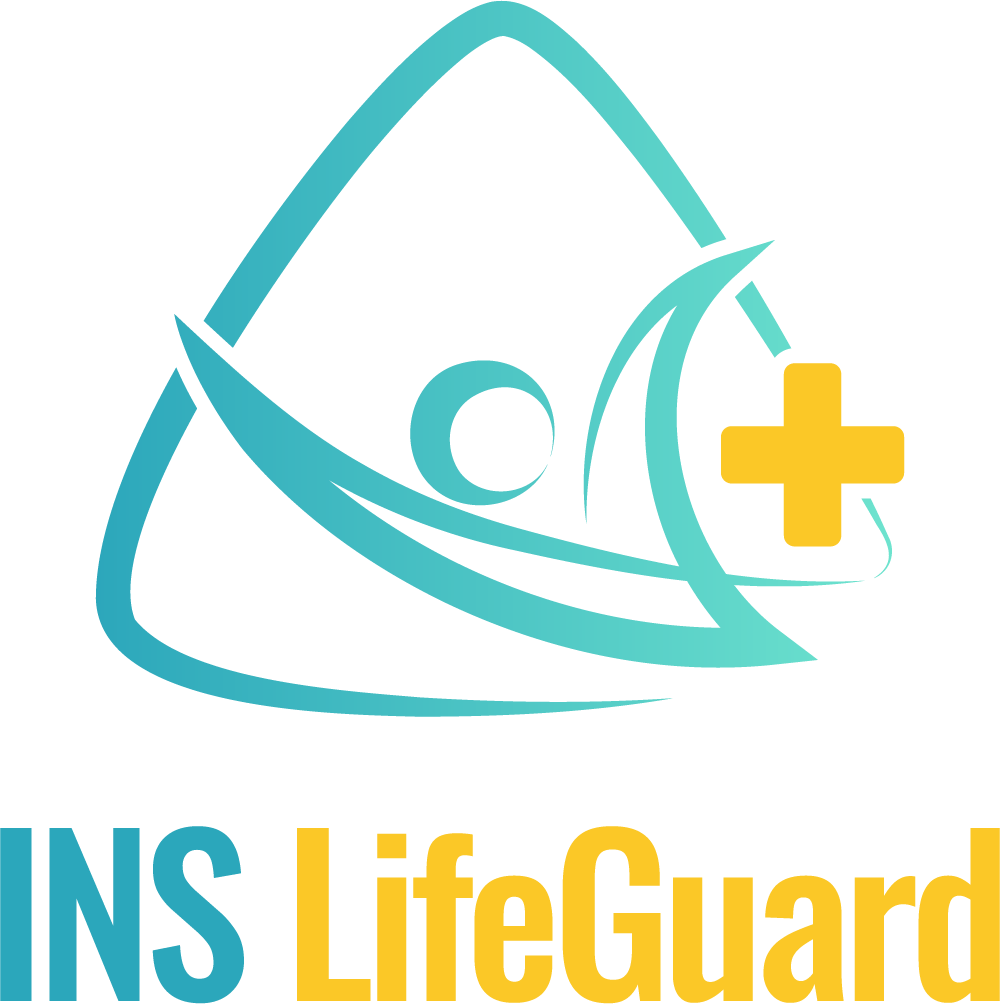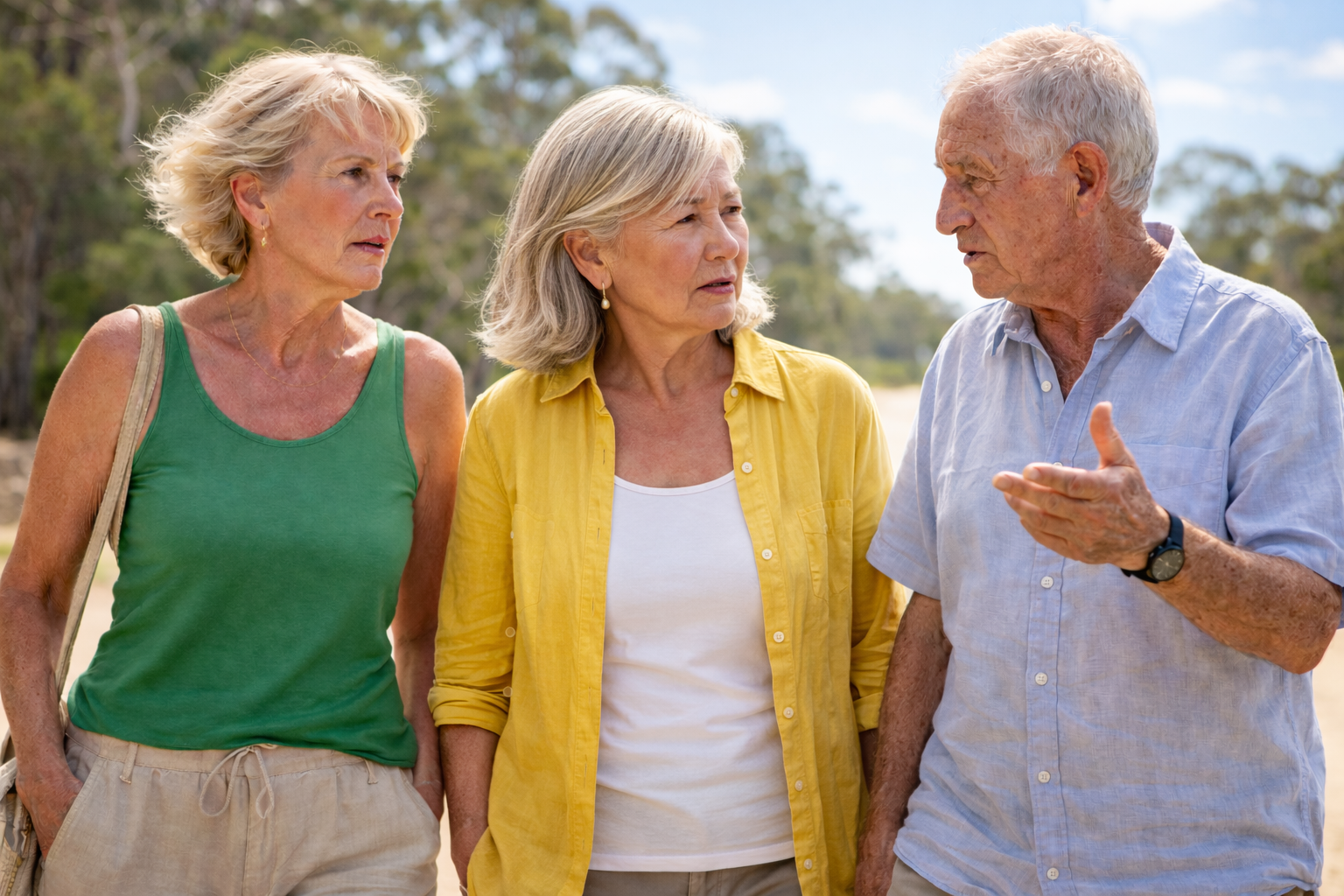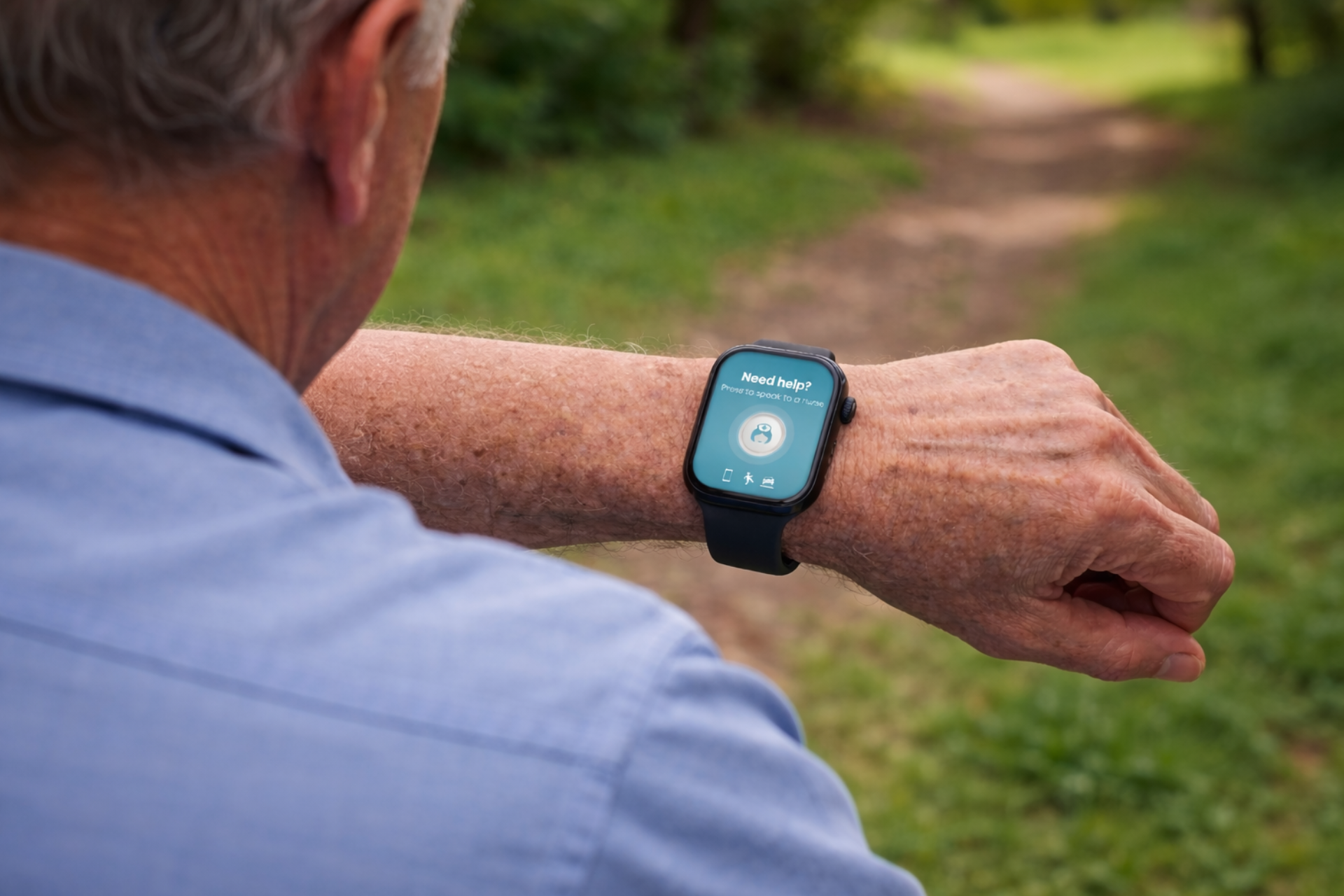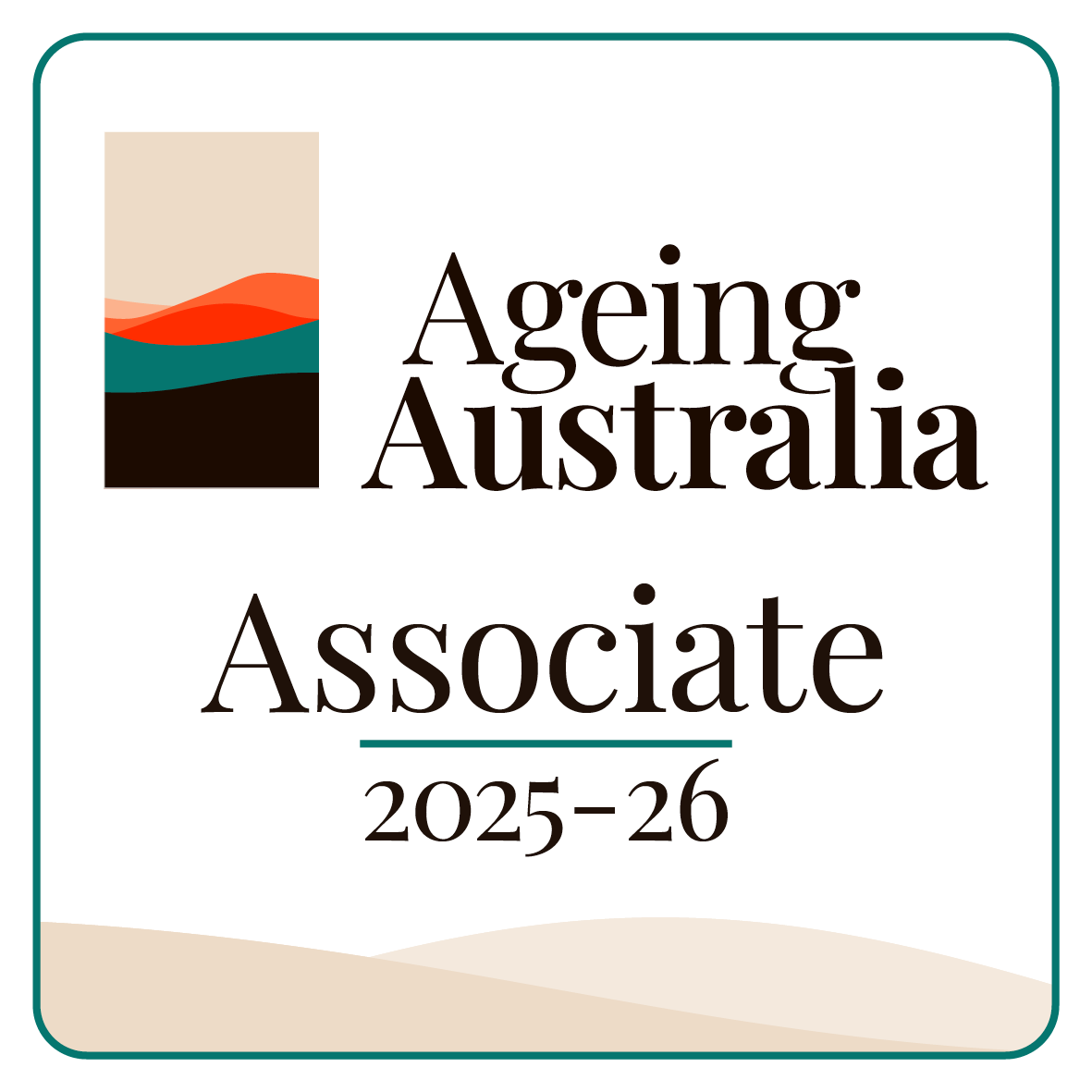Have a Question?
Understanding POTS: A Closer Look at a Life-Impacting Condition in Australia

Postural Orthostatic Tachycardia Syndrome (POTS) is a condition that affects the autonomic nervous system — the part of your body that controls involuntary functions like heart rate, blood pressure, and digestion. For those living with POTS, simply standing up can cause a dramatic spike in heart rate, often accompanied by dizziness, fatigue, palpitations, nausea, brain fog, and even fainting.
What Exactly Is POTS?
POTS is defined by an increase in heart rate of at least 30 beats per minute (bpm) within 10 minutes of standing without a corresponding drop in blood pressure. In teenagers, the threshold is 40 bpm. It belongs to a group of conditions known as dysautonomia, which involves malfunctioning of the autonomic nervous system.
Common Symptoms of POTS Include:
- Lightheadedness or dizziness upon standing
- Rapid heartbeat (tachycardia)
- Nausea and gastrointestinal distress
- Extreme fatigue
- Difficulty concentrating ("brain fog")
- Tremors or shakiness
- Sweating abnormalities
POTS can be life-altering, affecting one’s ability to work, attend school, or carry out daily activities. It is often misunderstood or misdiagnosed as anxiety, chronic fatigue, or another cardiovascular issue.
How Many Australians Are Affected?
While specific Australian prevalence data is limited, international studies estimate that between 0.2% and 1.0% of the population may be affected by POTS. In Australia, this suggests tens of thousands of people are likely living with the condition, many of whom remain undiagnosed.
The majority of diagnosed cases occur in young women aged 15 to 50, and the condition has recently gained broader awareness due to its increasing association with long COVID. Many people recovering from COVID-19 have reported developing POTS-like symptoms, leading to a spike in diagnoses.
Diagnosis and Challenges
Diagnosis often involves a tilt table test or active stand test to measure heart rate and blood pressure changes upon standing. However, many patients report seeing multiple healthcare providers before diagnosis. A lack of awareness among clinicians and the public continues to be a barrier.
Living with POTS in Australia
Managing POTS often requires a combination of:
- Increased fluid and salt intake
- Compression garments
- Medications (e.g., beta blockers, fludrocortisone)
- Physical therapy
- Supportive technology like heart rate monitors and wearable health trackers
Apps like INS LifeGuardian® can play a significant role in helping users monitor symptoms, detect abnormal readings, and communicate data directly to healthcare professionals. This tech-enabled support can empower individuals with POTS to live more safely and independently.
Raising Awareness and Support
As more Australians share their experiences and seek care, awareness of POTS is slowly improving. Advocacy organisations like the Australian POTS Foundation are pushing for better clinical guidelines, research funding, and support services.
If you or someone you know is experiencing unexplained fatigue, dizziness, or rapid heart rate upon standing, it may be time to explore whether POTS could be the cause.
Knowledge is the first step toward empowerment and care.
Take Control with INS LifeGuardian®
If you’re living with POTS or caring for someone who is, the INS LifeGuardian® app can provide vital peace of mind. With real-time heart rate tracking, fall detection, nurse-reviewed health alerts, and 24/7 support, it’s the perfect companion for anyone managing autonomic conditions like POTS.
Download INS LifeGuardian® today and experience the difference:
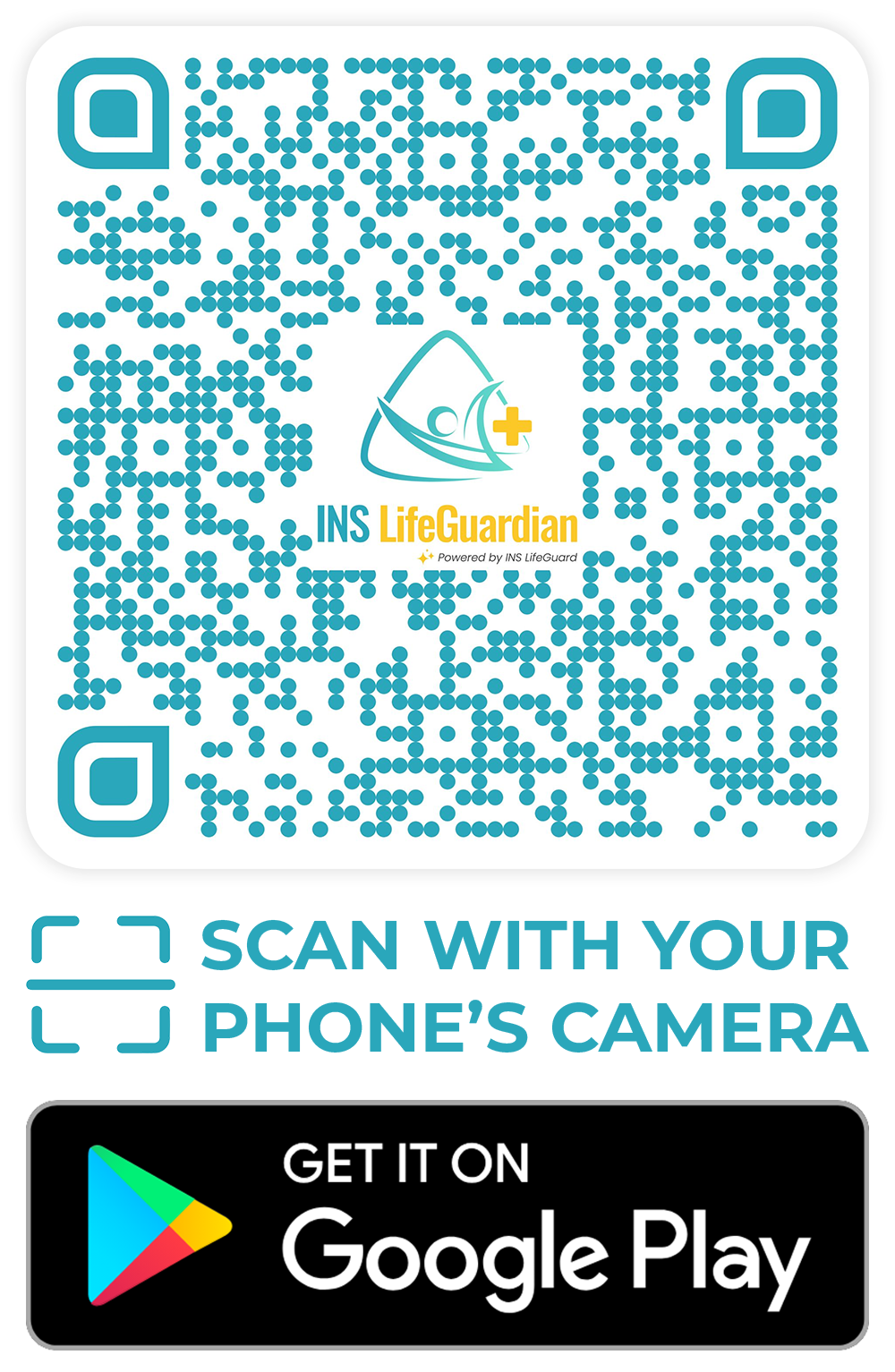
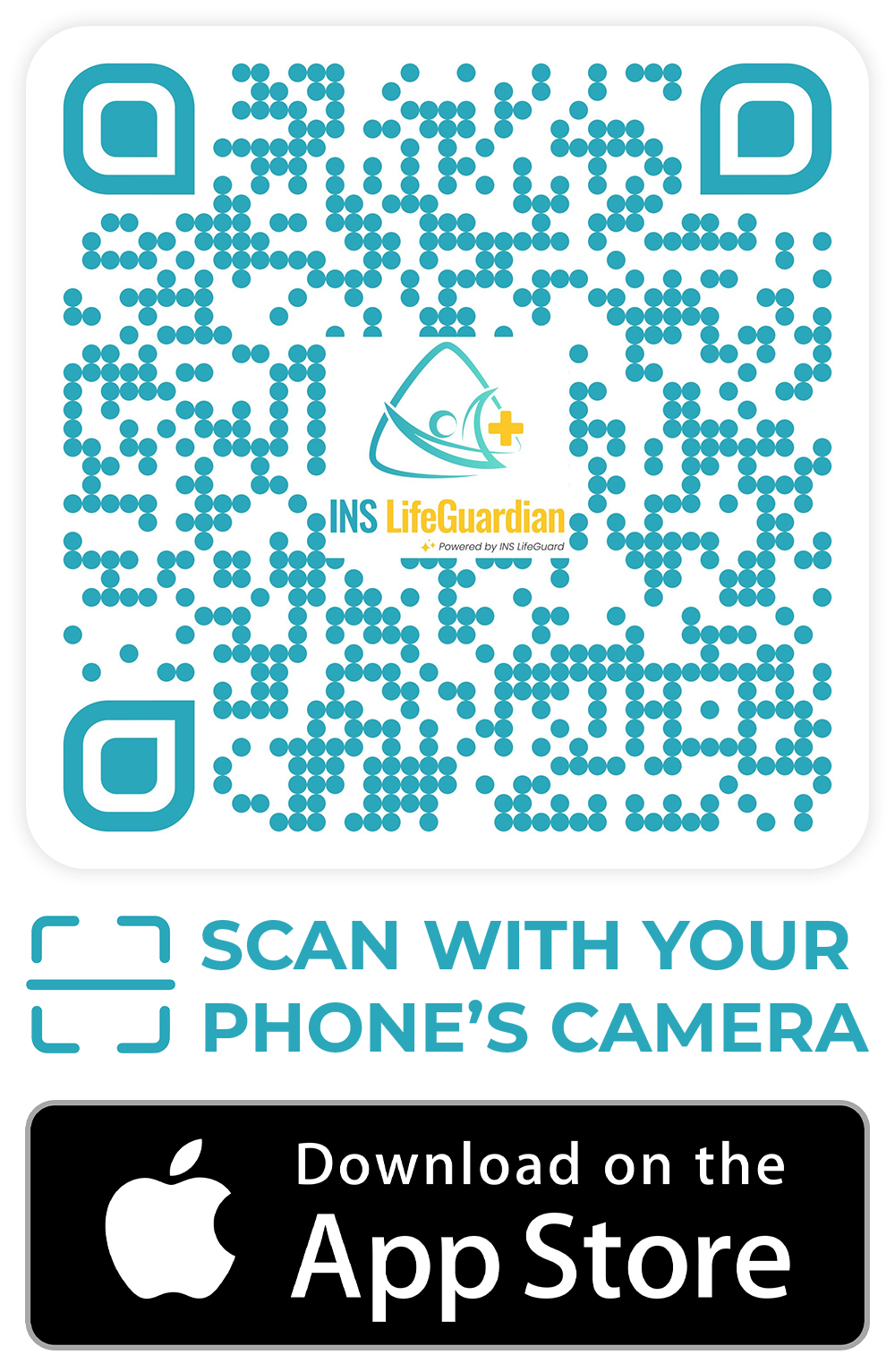
Or call 1800 636 040 to learn more.

About
INS LifeGuard is the only 24/7 nurse on-call personal and medical monitoring in Australia. We provide monitoring technology for both in the home and on the go and can also monitor other provider's equipment. Our services are suitable for anyone wanting support to stay independent such as the elderly, those with medical conditions and disabilities plus enhancing safety and security for lone workers.
